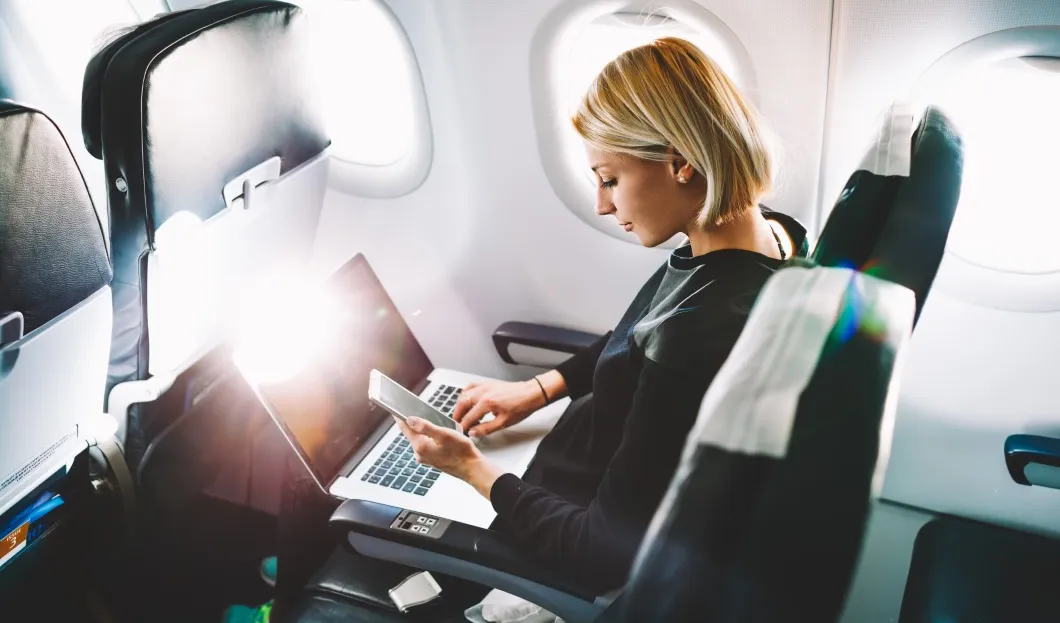
It sounds like a sci-fi movie. Pieces of luggage rolling by themselves and showing the owner where they are. 73% of business travelers would like to try the so-called “smart luggage”. Or at least these are the results of the current survey “Top Business Travel 2018”, an initiative of Travel Management Companies in the German Travel Association.
Overall, there is great openness among business travelers for new digital tools. For example, in watching the itinerary through a GPS Tracker 62% see great benefits. Digital travel surveillance makes it possible to instantly identify the traveler’s position in case of danger or to suggest alternative routes when there are delays in travel.
Digitalization brings time and comfort
For example, 87% would like to use a mobile check-in/out at the hotel, so that travelers no longer have to wait at the hotel. As almost all business travelers carry a mobile phone, the importance of virtual payment of travel expenses increases. 74% of respondents would like to settle their room bill with a click, instead of having to pull out their wallet.
“Receipts are collected on the smartphone, payment is made cashless via virtual credit cards and mobile payment. Any existing paper receipts are photographed by mobile phones and stored in the digital travel expense report,” explains Zymni.
Already 53% of business travelers now only use digital documents instead of paper, and another 38% plan to do so for the future. “The proportion of hotel bookings paid with virtual cards is doubling from year to year. This also includes the automated collection and checking of the associated hotel bills – an invisible, smooth process for the traveler.”
Robots answer travel questions
Not only mobile solutions but also artificial intelligence provides more efficiency in the travel process. The permanent availability of a ChatBot, which answers online travel questions, is the biggest advantage for 54% of business travelers.
63% of business travelers surveyed would also like to be advised by such a virtual assistant in travel matters. In the future, this digital assistant will be able to access information from past trips, know the preferences of the travelers and will book on its own.
“Business travel is becoming more individual and robots more intelligent. Business travelers are relieved and no longer have to choose from countless options. They receive perfectly tailored proposals based on other travelers and their own booking history,” Zymni says.
“Even today, language assistant plays a major role in the private sector. Their importance will also increase in the professional context and have an influence on the inspection of travel plans and booking of trips,” he concluded.













